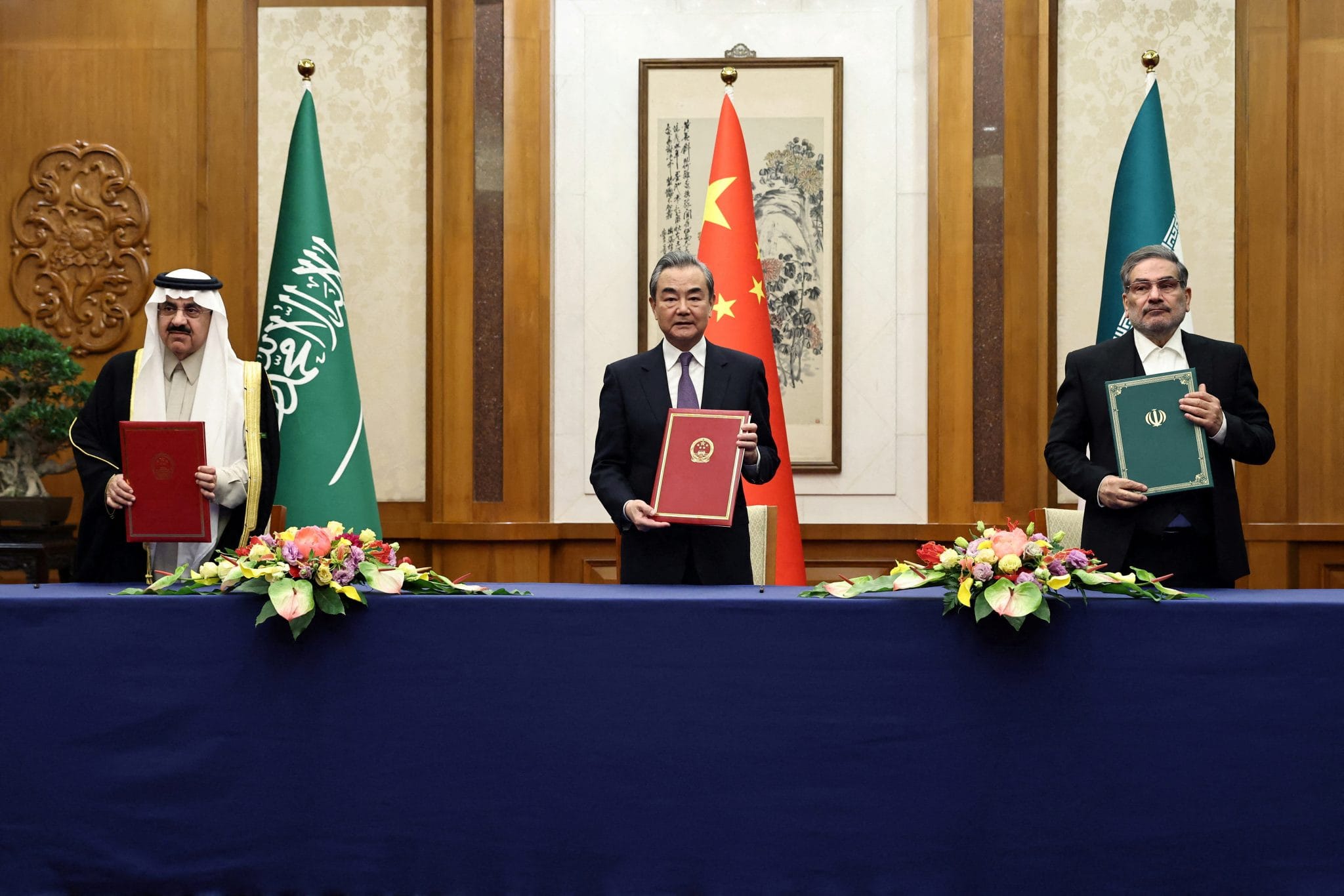Former President Donald Trump has granted a full pardon to Enrique Tarrio, the former national chairman of the Proud Boys, and commuted the sentence of Stewart Rhodes, the founder of the Oath Keepers. This action arrives after both men were found guilty in trials related to the January 6, 2021, attack on the U.S. Capitol. The move has immediately generated discussion and reactions across the political spectrum.
Enrique Tarrio was convicted in May 2023 of seditious conspiracy for his role in orchestrating the actions of the Proud Boys during the events of January 6th. The conviction was handed down by a federal jury following a lengthy trial that included extensive evidence presented by the prosecution detailing the planning and execution of the groups’ activities. Tarrio was initially sentenced to 22 years in prison for his role in the events. The pardon granted by Trump nullifies this conviction and releases Tarrio from the legal consequences of his actions.
Stewart Rhodes, who was also charged with seditious conspiracy, received a significantly reduced sentence of 18 years, which was appealed and has now been commuted by Trump. Rhodes, the founder and leader of the Oath Keepers, had also faced scrutiny for his leadership role in organizing the group’s activities leading up to and on January 6th. While the commutation does not fully erase Rhodes’ conviction, it reduces the time he is legally required to spend in prison.
The charges of seditious conspiracy are among the most serious levied against those involved in the Capitol attack. These charges allege that the individuals conspired to use force to oppose the authority of the U.S. government. The prosecution of Tarrio and Rhodes were seen as central to the Justice Department’s efforts to hold those responsible for the attack accountable. Their convictions demonstrated the federal government’s commitment to addressing what has been described as an assault on American democracy.
The decision by Trump to pardon Tarrio and commute the sentence of Rhodes is not unexpected, as he has publicly supported them, and others convicted for their role in the Capitol riot. The move has renewed the debate around the severity of charges faced by those involved in the events and the appropriateness of executive pardons in these cases. Opponents of the pardon point to the severity of the charges and the evidence presented at trial. Supporters argue that Trump is acting to rectify what they believe are politically motivated prosecutions.
The implications of this action are far-reaching and are likely to spark further discussion about the balance of executive power and the role of pardons in the American justice system. The pardons and commutation could potentially set a precedent for future cases involving convictions related to January 6th.
Trump’s decision has immediately sparked responses from various groups. Legal experts are weighing in on the legality and the long term ramifications of these clemency decisions. Political analysts are examining the effects on the political landscape and future election campaigns. Advocacy groups are releasing statements highlighting the impact on the integrity of the justice system and the rule of law.
The response to these pardons and commutations highlights the deep political divisions that are present in the United States and the complexities associated with the events of January 6th. It is expected that these decisions will continue to be a topic of debate and conversation as investigations and legal proceedings related to the Capitol attack continue.
The announcement of these actions by former President Trump is expected to dominate news cycles in the coming days. Lawmakers are currently preparing to discuss the matter and further address any concerns raised about the implications of these decisions. The actions also highlight the continued relevance of the January 6th events in the current political narrative.
The long term implications of these pardons and commutations remain to be seen, but they underscore the significance of the executive branch’s power of clemency and how it can intersect with landmark cases of national importance. The decisions made by the former president have immediately reshaped the course of these individuals’ lives, and they are sure to reverberate across the political and legal spheres of the country.



